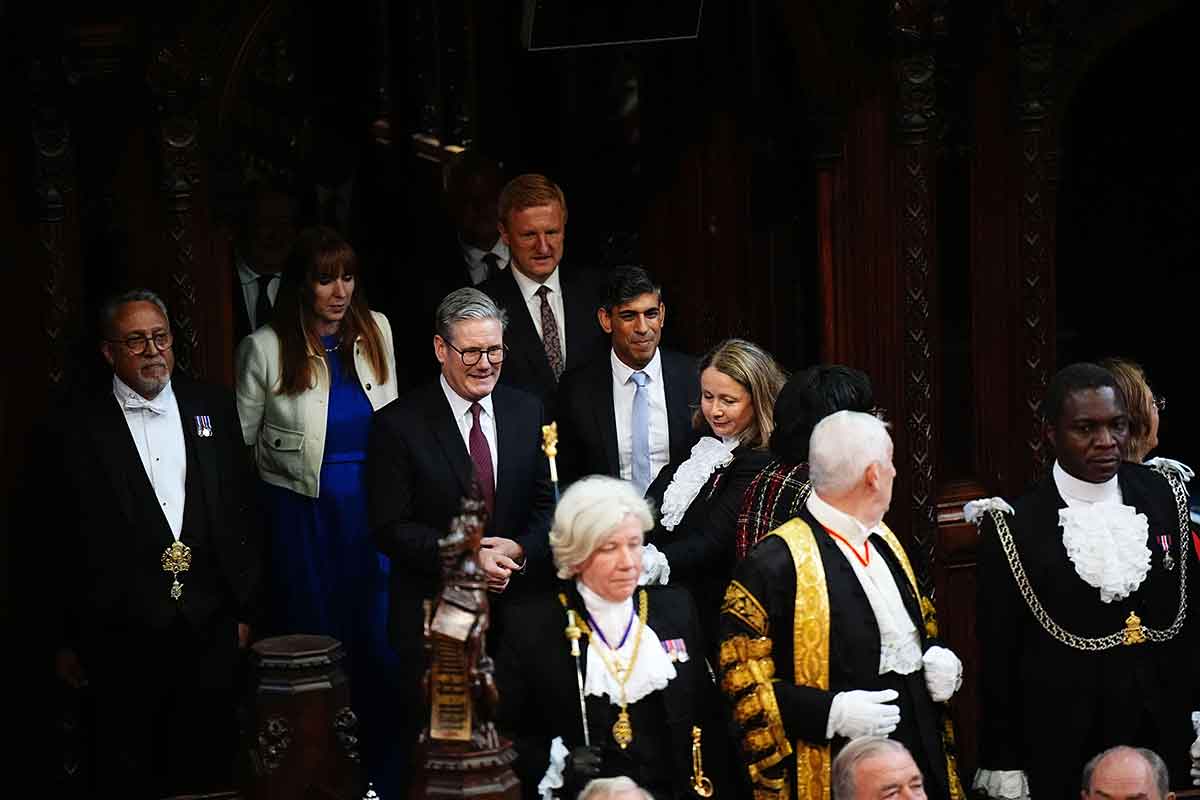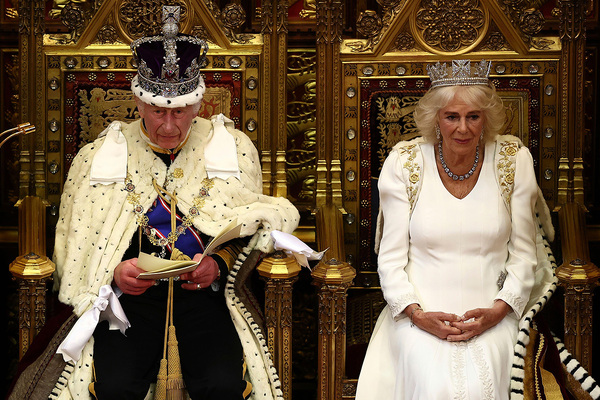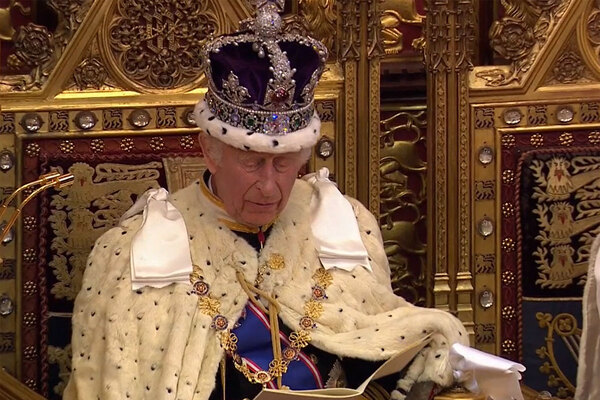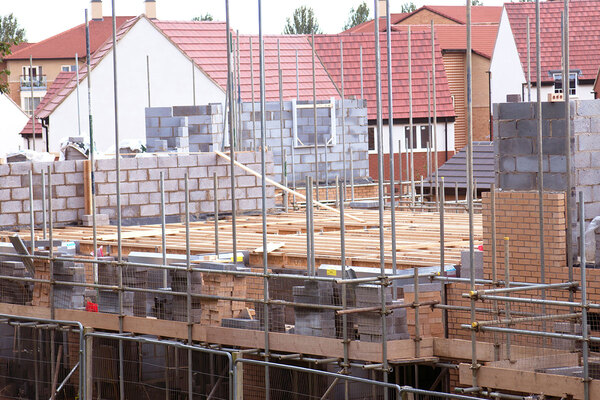You are viewing 1 of your 1 free articles
6 things we learned from the King’s Speech 2024
Housing reforms formed a key plank of Sir Keir Starmer’s legislative offering at the state opening of parliament. James Riding shares six key takeaways from the King’s Speech
For housing professionals, this was a King’s Speech to remember. Labour’s first legislative programme in 14 years bulged with reforms to the sector, touching on planning, renters, leaseholders and devolution. There was also the promise to introduce a duty of candour law in public inquiries, addressing a crucial demand from Grenfell survivors.
Here are the top six housing measures in the 2024 King’s Speech.
1. Planning reform
This is the big one for Labour. Planning reform to make it faster and cheaper to build houses is seen as essential to achieve Sir Keir’s goal of economic growth and hit his hefty target of 1.5 million new homes by the end of the parliament.
A new Planning and Infrastructure Bill will “modernise planning committees” and boost capacity in local authorities, while rules around compulsory purchase of land will be reformed to ensure compensation is “fair but not excessive”.
In other words, compensation for landowners will be lowered – a measure that could make council and social housing developments more viable.
2. No-fault evictions banned at last
A new Renters’ Rights Bill will finally ban Section 21 ‘no-fault’ evictions and introduce “new, clear and expanded possession grounds” to allow landlords to reclaim property when necessary.
To bring an “end to rental bidding wars”, the right to challenge rent hikes are also promised.
The Conservative government pledged to ban no-fault evictions in 2019 but failed to do it by the general election in 2024. In that time, Section 21 evictions led to households being threatened with homelessness more than 80,000 times.
Ahead of the election, Labour said it would immediately ban Section 21 evictions – so they had better get moving.
3. A private sector ombudsman and expanded Awaab’s Law
The Renters’ Rights Bill will also introduce a new Housing Ombudsman for the private rented sector to give tenants greater rights and protections.
It would provide “quicker, cheaper resolution when there are disputes” between private landlords and tenants, and a “fair, impartial and binding resolution” while reducing the need to go to court.
It remains to be seen if these new powers are given to Richard Blakeway, the current Housing Ombudsman, who deals primarily with social housing providers, or if a separate watchdog will be formed for the private rented sector.
Labour will also follow through on their pledge to extend Awaab’s Law and the Decent Homes Standard to the private rented sector.
The new renters’ bill will outline legal expectations about the timeframe landlords have to respond to serious hazards in their tenants’ homes.
4. A ban on new leasehold flats (eventually)
Labour has big plans for leasehold reform, although they may take longer to come to light than the renters legislation.
First, the government will implement the provisions in the newly passed Leasehold and Freehold Reform Act 2024.
It will then publish a draft Leasehold and Commonhold Reform Bill, which would enact remaining Law Commission recommendations, modernise the commonhold system, and restrict ground rents and the sale of new leasehold flats.
It would also end the “injustice” of so-called ‘fleecehold’ private estates and end the “disproportionate threat” of forfeiture.
The key word there, however, is draft. That means Labour’s new bill will be consulted on before it is officially published, suggesting that there is scope for the plans to be amended, and potentially some delay, before they become law.
5. Devolution
Regions will be given more powers on strategic planning as well as transport and skills through an English Devolution Bill.
Local leaders will be given new duties to produce ‘growth plans’ for their areas. In return, they will be able to request additional powers without bespoke negotiations. The government will have to consider their request and either devolve the powers or publicly explain their reasons for not doing so.
Labour wants to create more combined authorities and metro mayors, so that more of England is covered by powerful devolved government.
6. Duty of candour
This bill, to be known as the Hillsborough Law, will place a legal duty of candour on public servants and authorities where their failure in the provision and delivery of public services becomes the subject of public investigation.
It is aimed at improving transparency and reducing a culture of defensiveness in the public sector, which led to the kinds of cover-ups in public sector organisations that took place during the Grenfell Inquiry, the Hillsborough stadium disaster and the infected blood inquiry.
Alongside the legislation, the government said it would take action to “improve assistance for bereaved persons and core participants at inquests and public inquiries”, to ensure families are able to fully participate.
This includes delivering the government’s manifesto commitment to provide legal aid for victims of disasters or state-related death.
Bereaved families and former residents of Grenfell Tower had called for such a duty of candour law, as well as a national body to oversee the implementation of recommendations from inquiries.
Sign up for our daily newsletter
Already have an account? Click here to manage your newsletters












